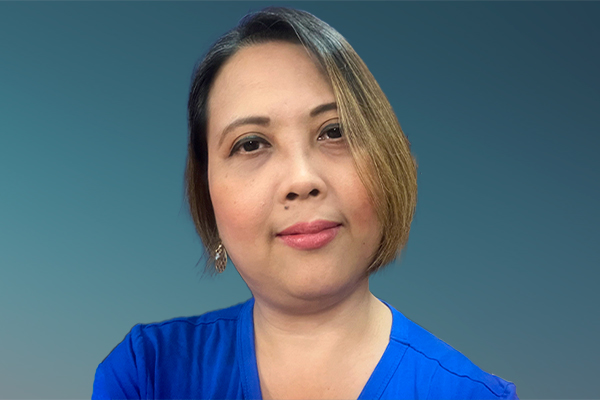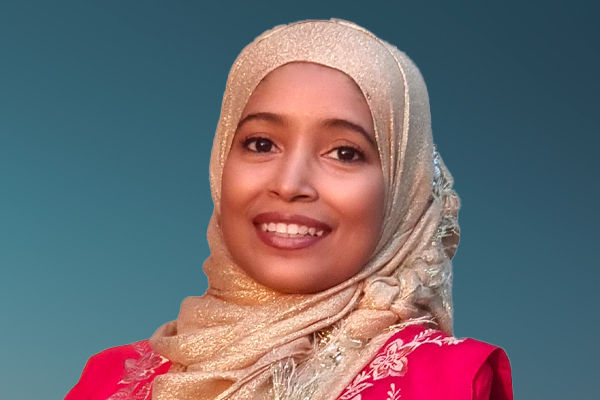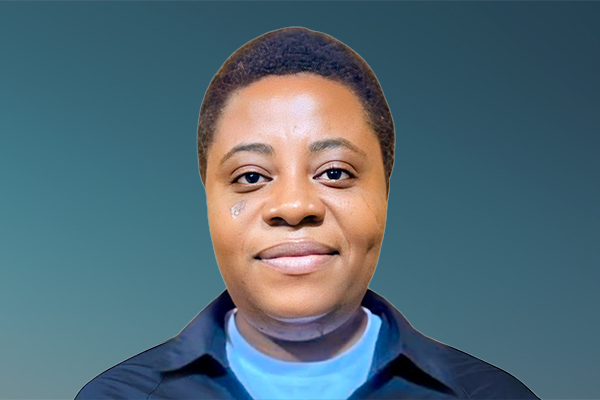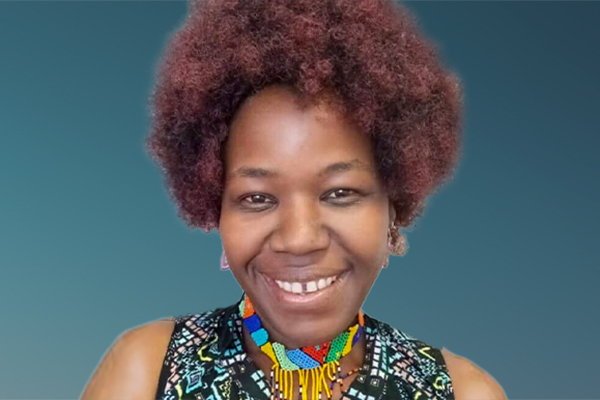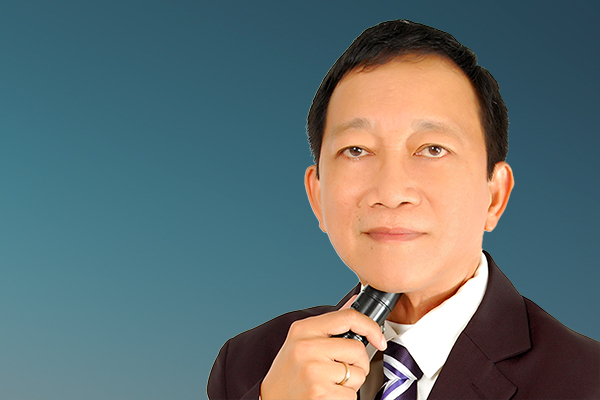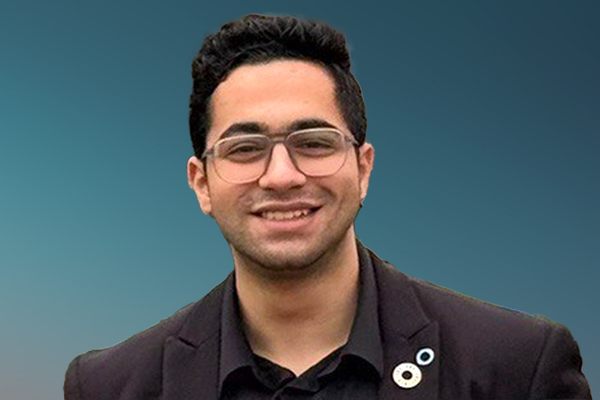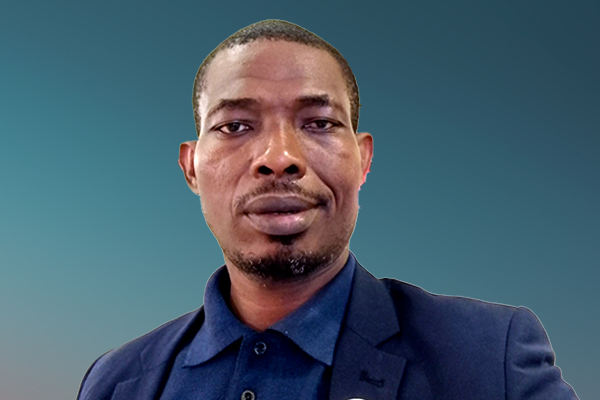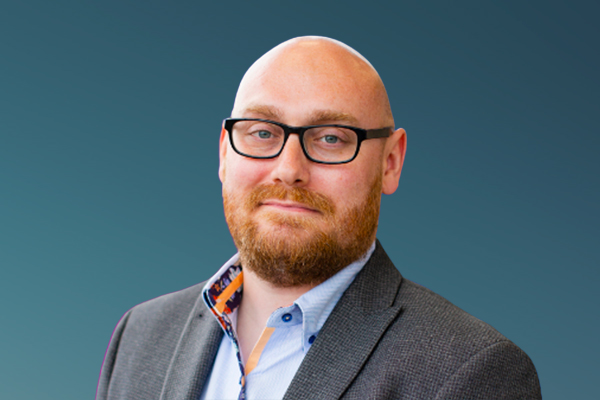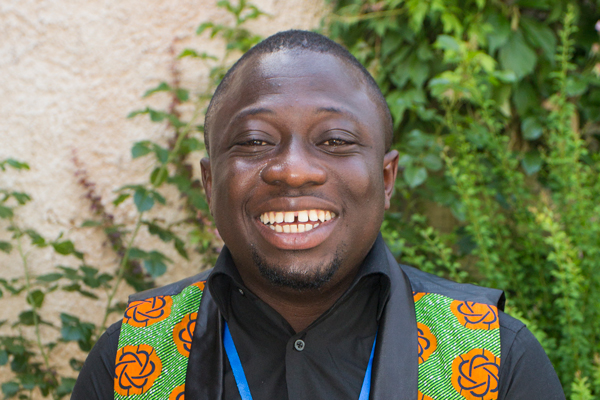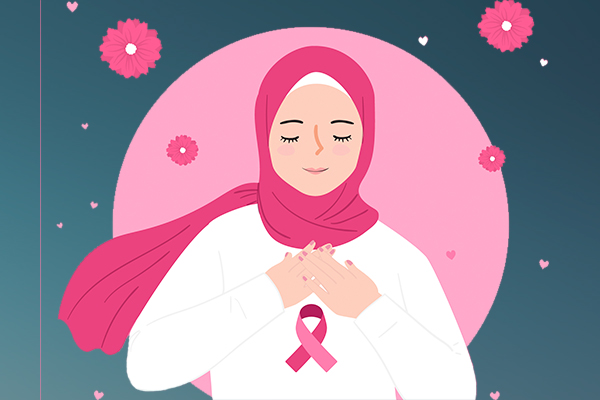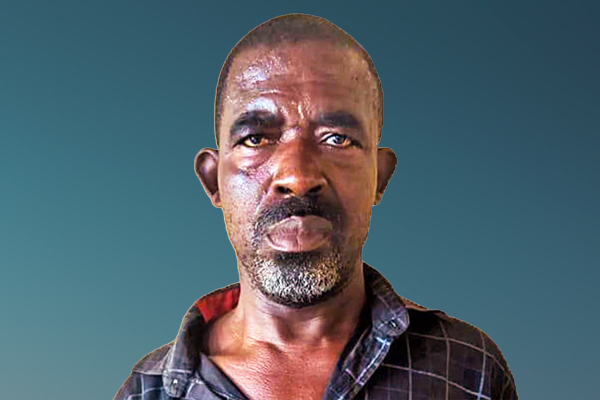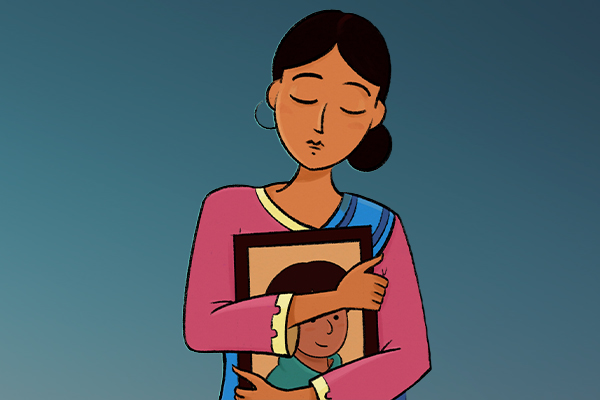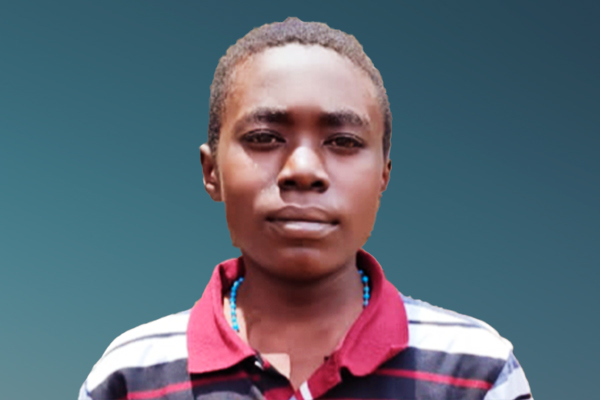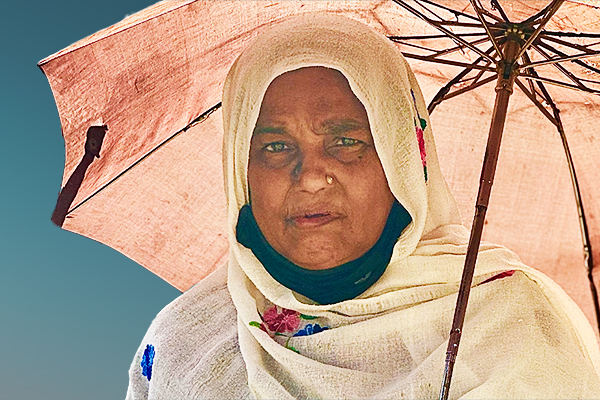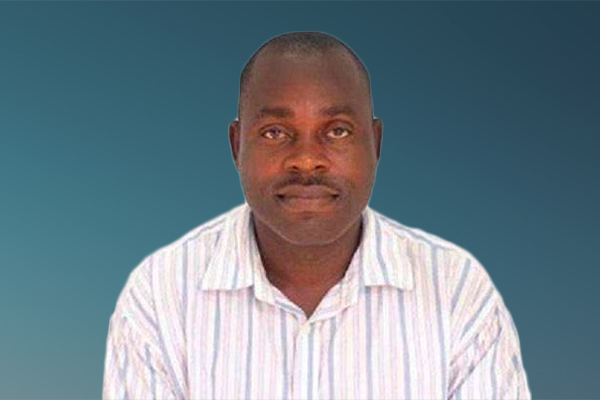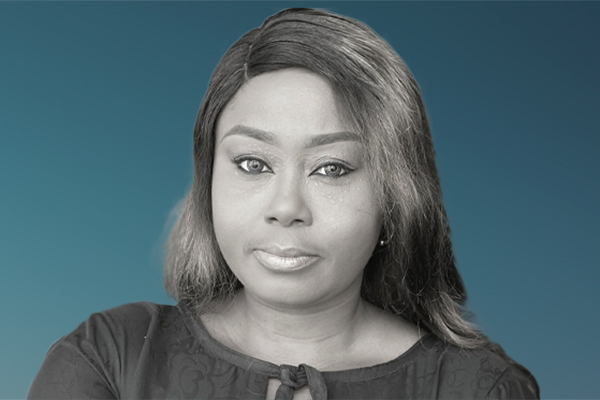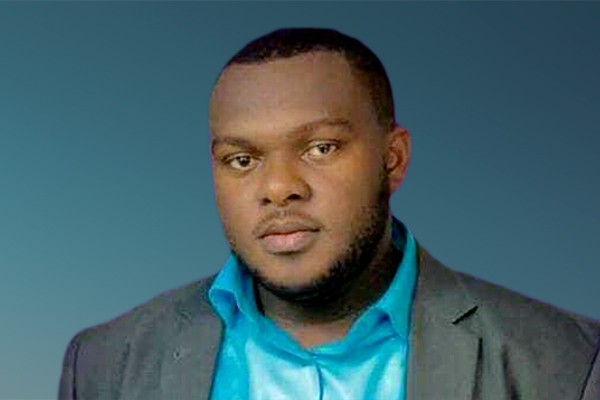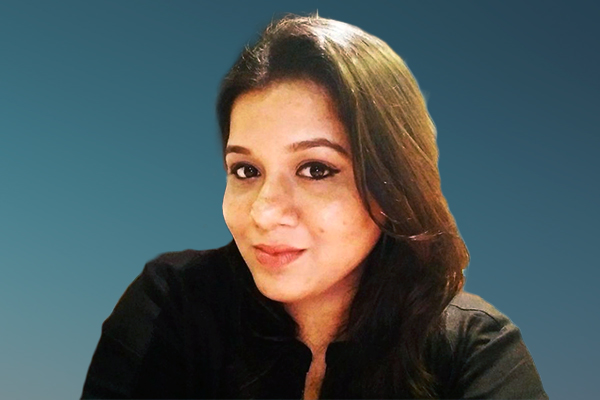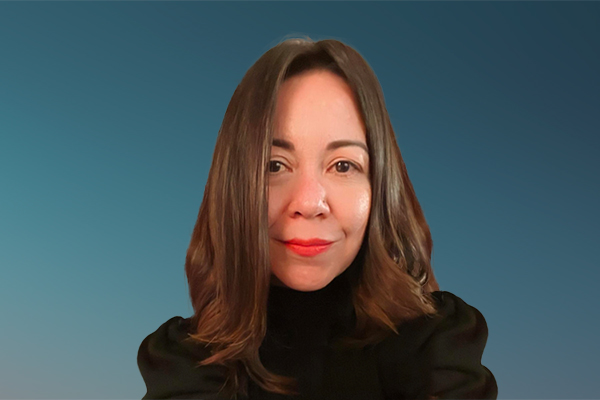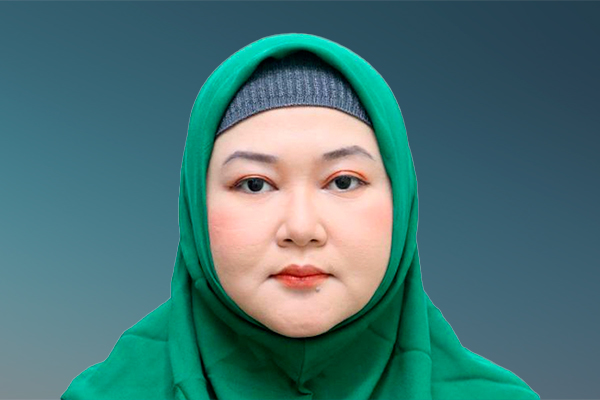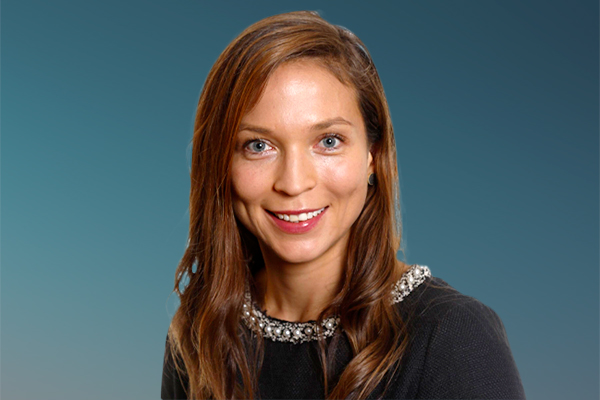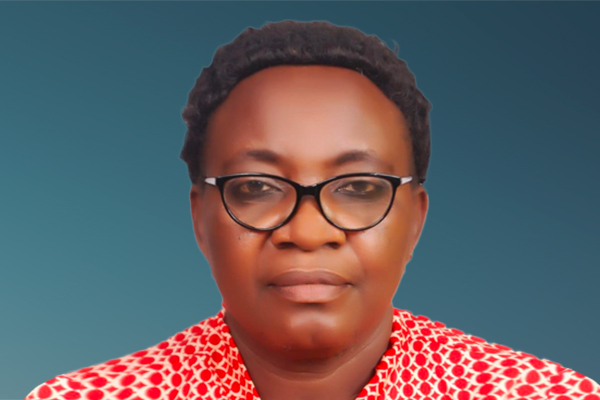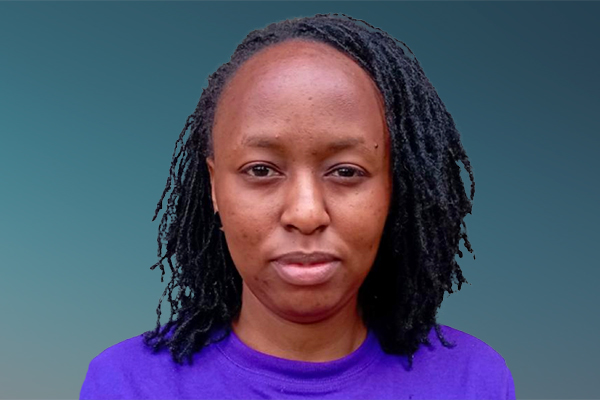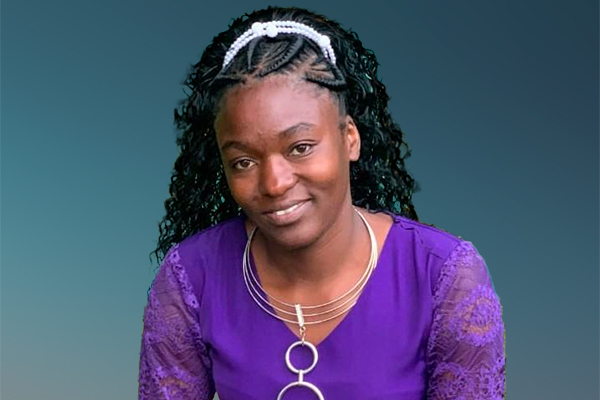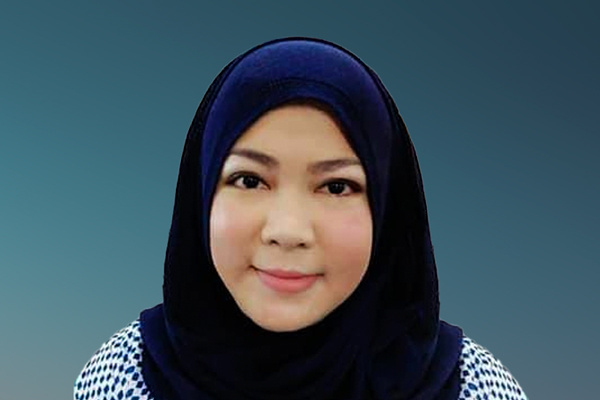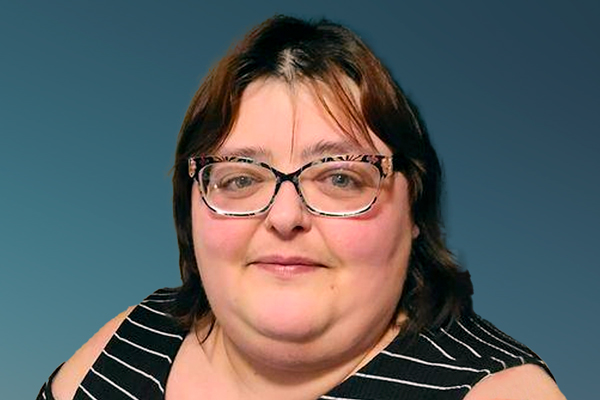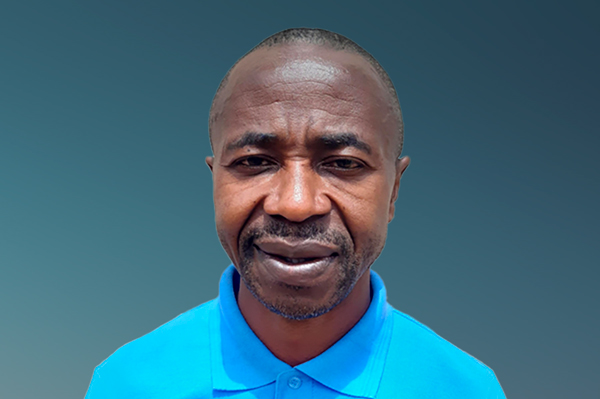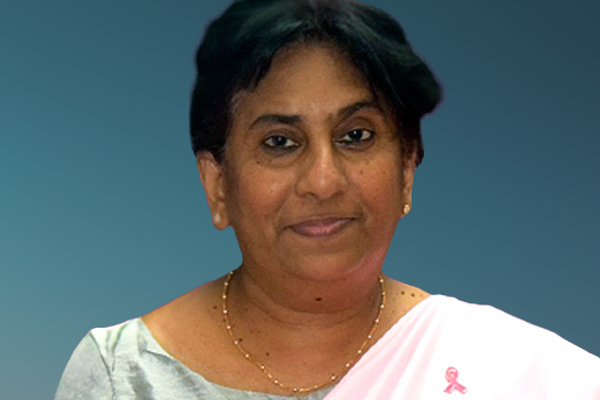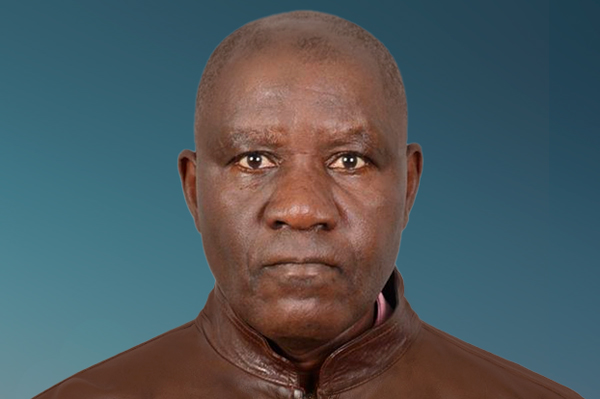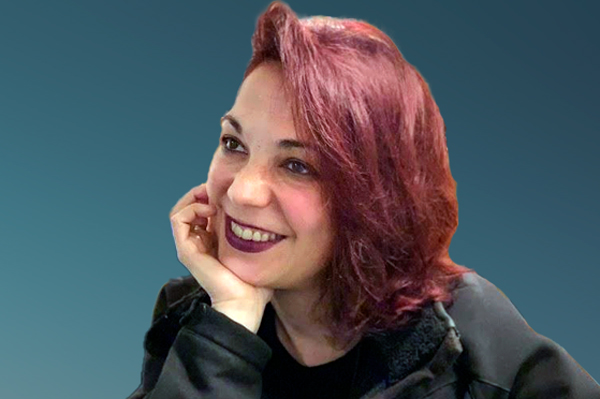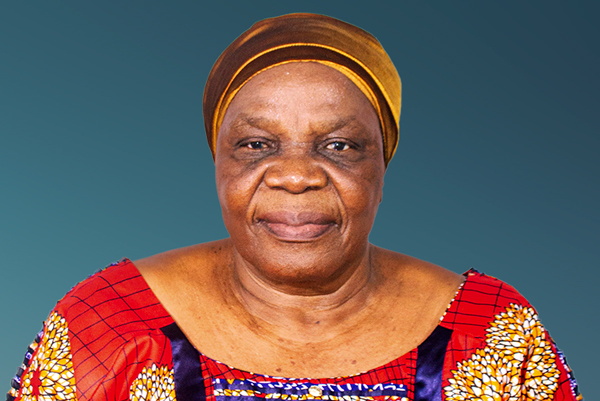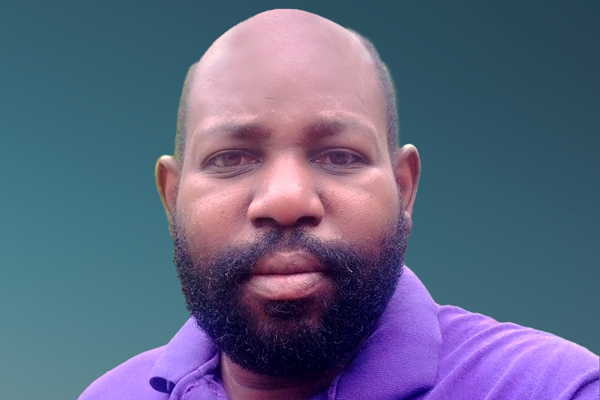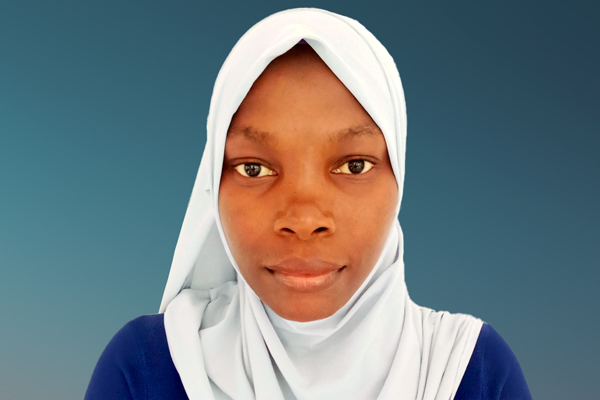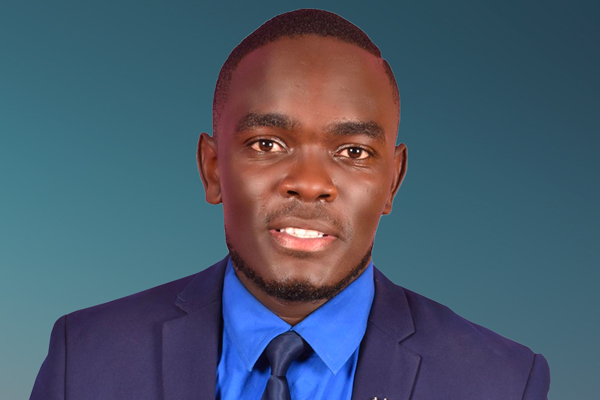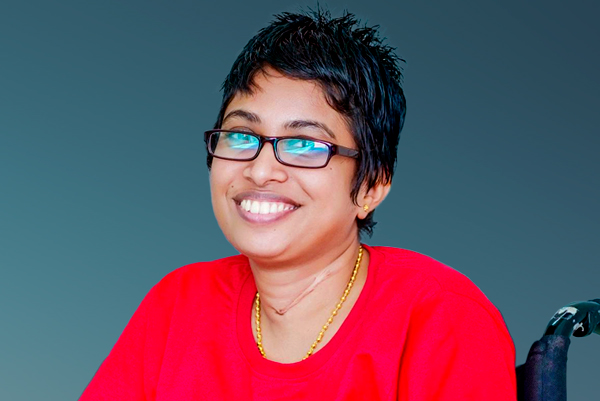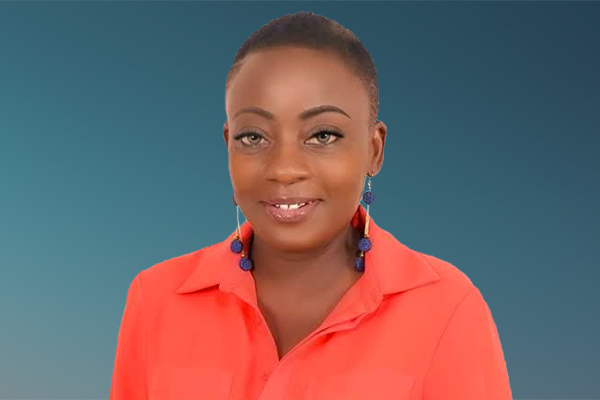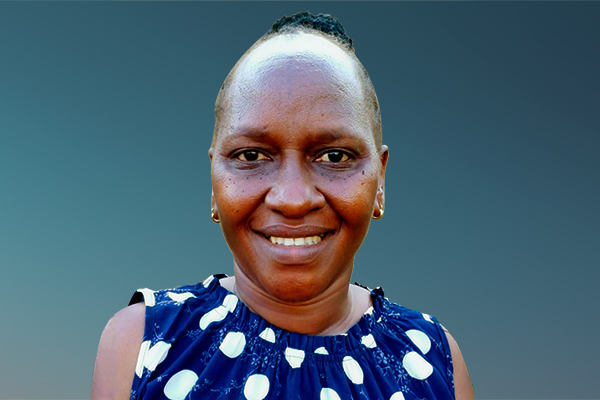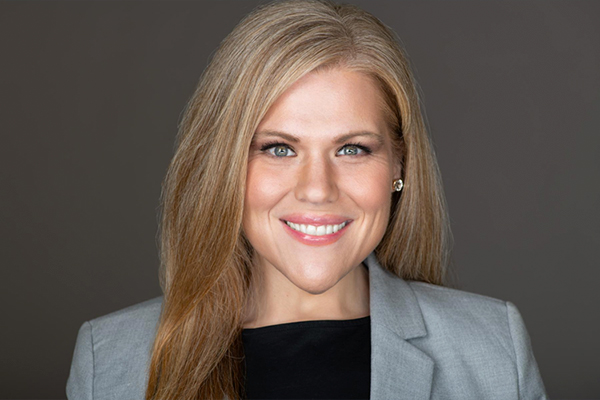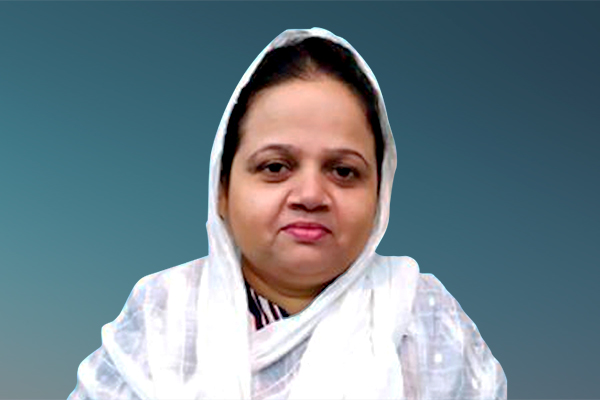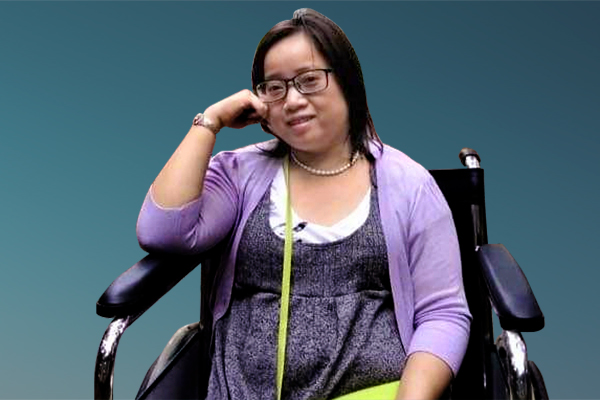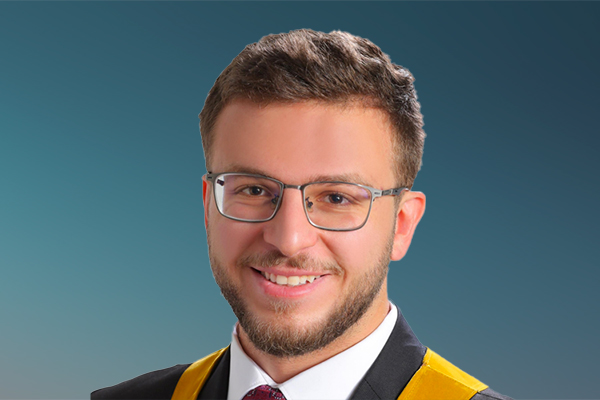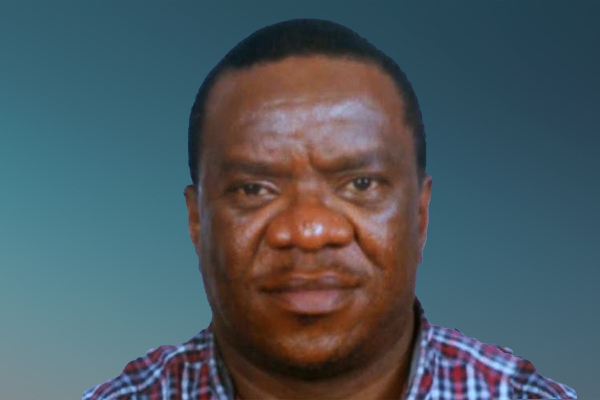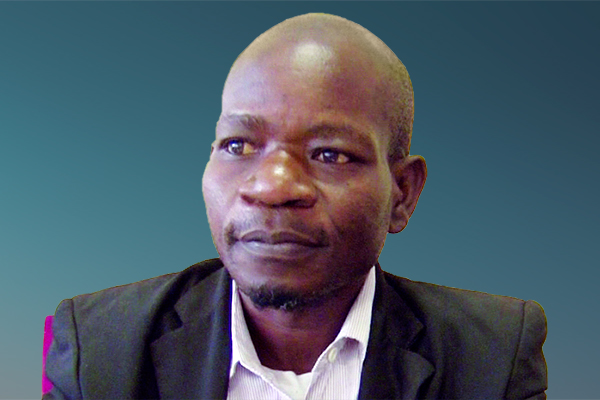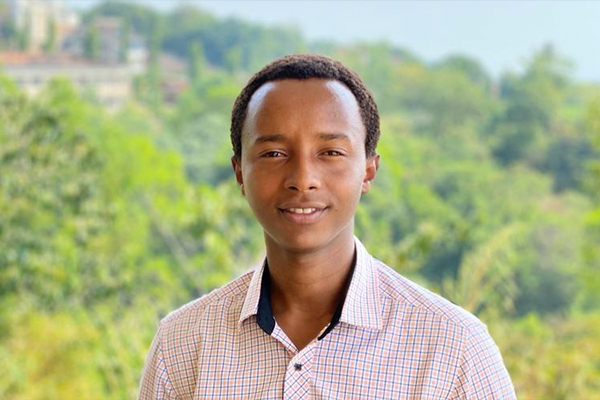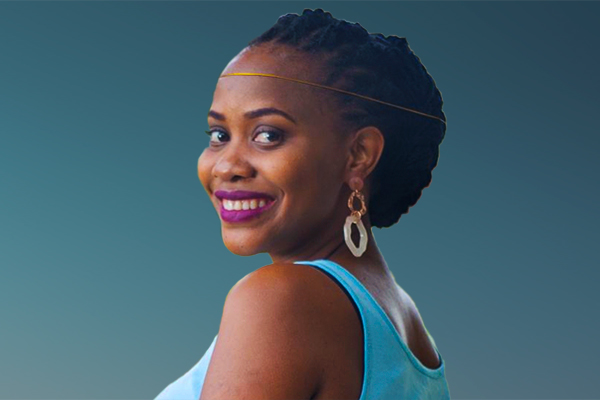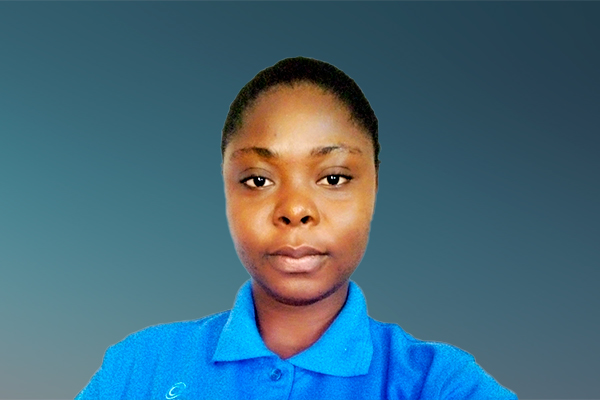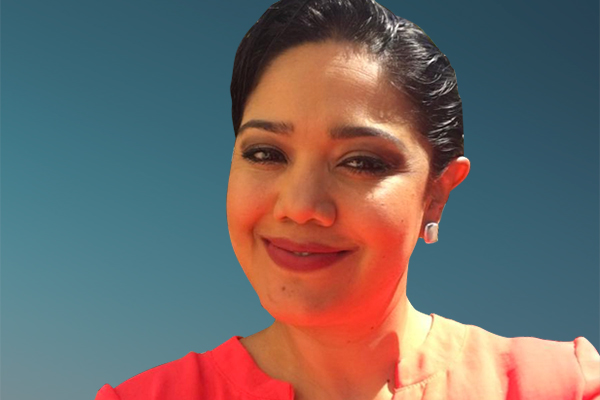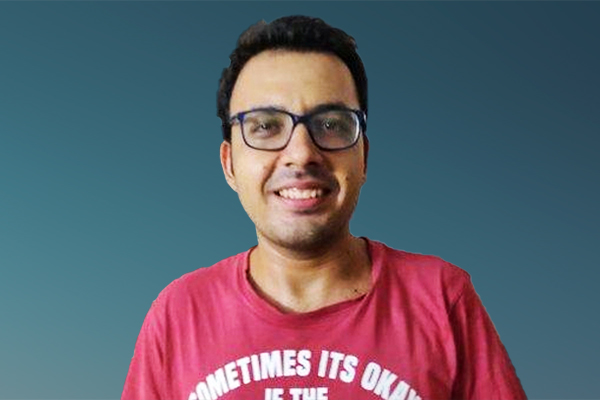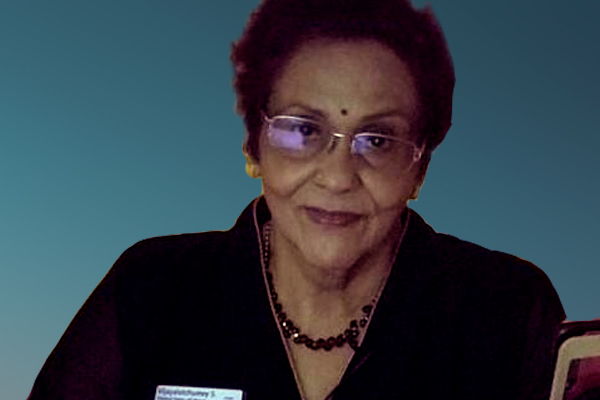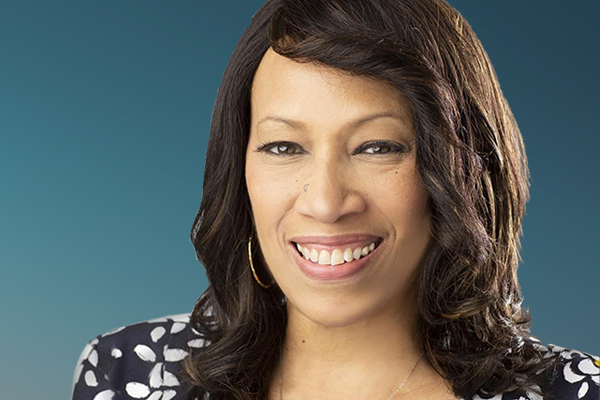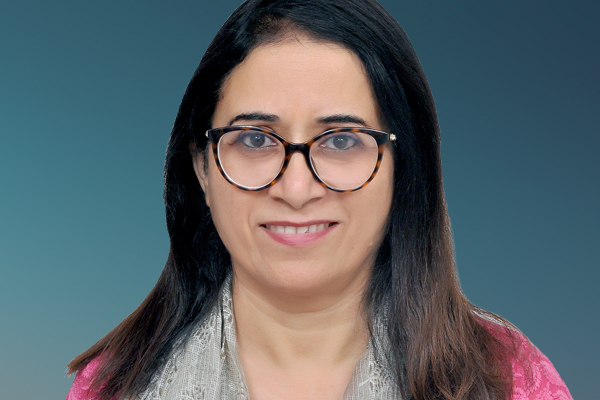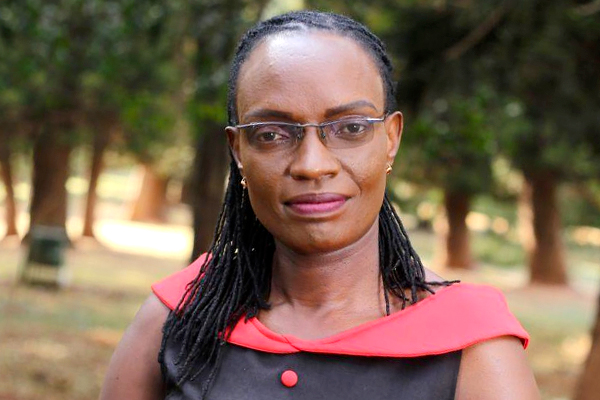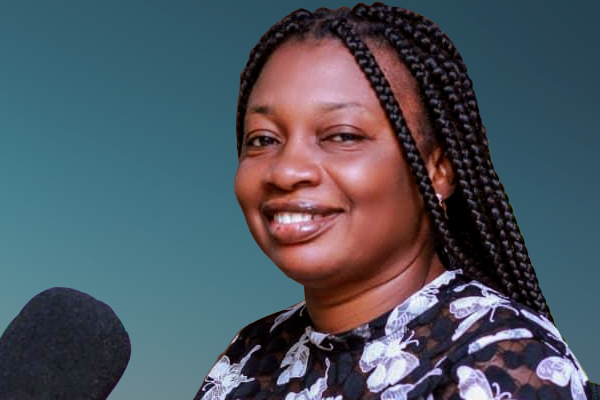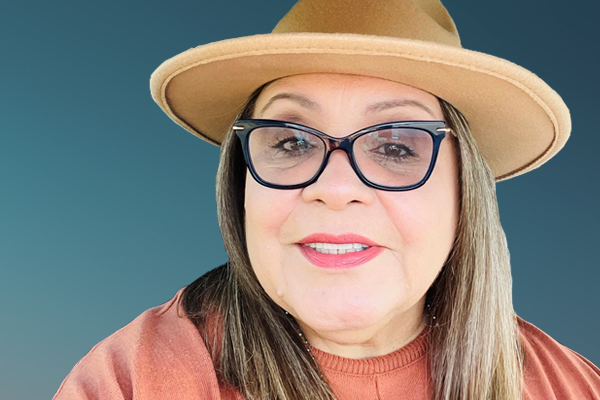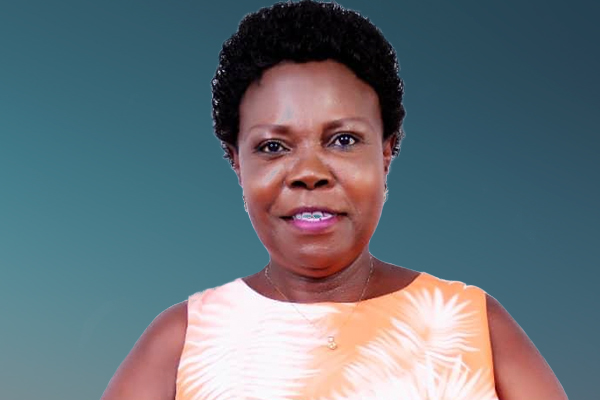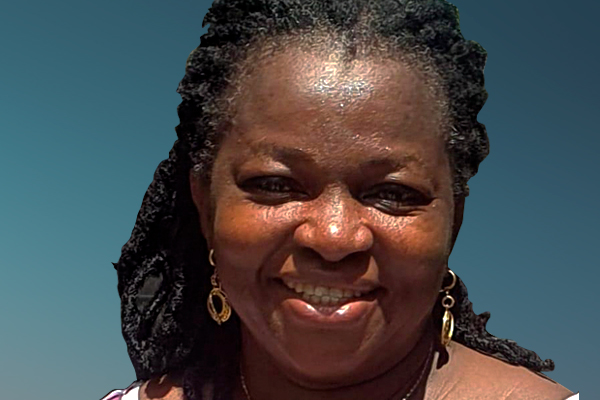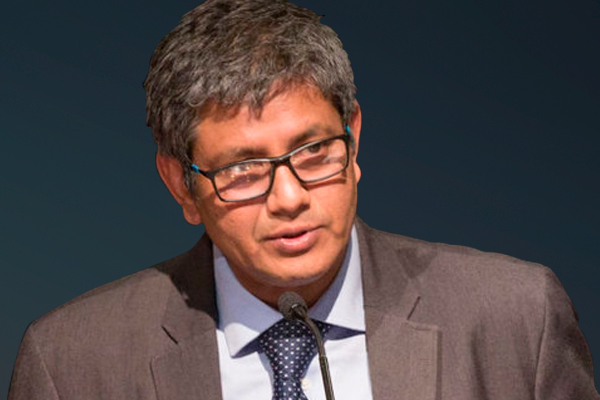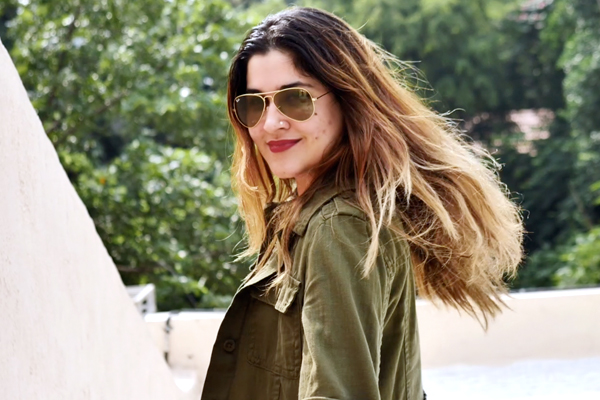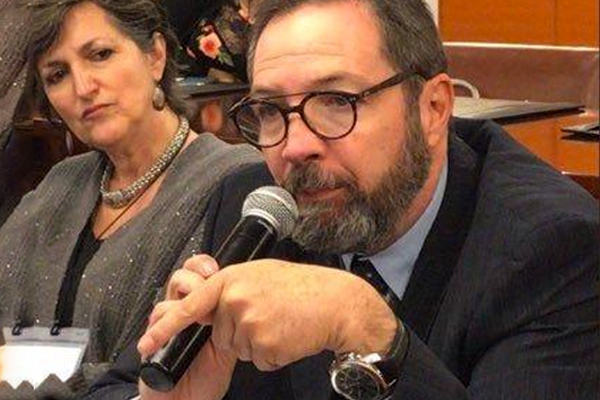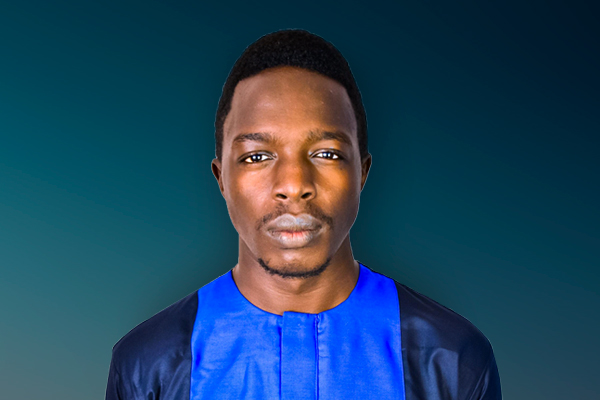Welcome to the third episode of NCD Diaries. In the previous episode, I had shared how some of my concerns like when counselling for self-care have hit us big time. It was like joining the dots yourself and creating the roadmap to find our way through. The feeling of helplessness is devastating and frustrating. And in my discussion in the second episode with Pallavi who lost her husband to COVID, highlighted the mental agony of a teenager suffering with mental health issues and comorbidities. Valerie has voiced concern over the stigma and discrimination attached with it, how important it is to treat the same with respect and dignity. Our concerns here is to strengthen the right to health for all PLWNCDs, that is people living with non communicable diseases, and the care givers in the decision making processes and in designing and making and creating policies for the same.
To facilitate our journey and to achieve our objectives, I have with me, Ms Shalini Potamasi, a social activist who needs no introduction in my community. She is a dynamic leader, and has led umpteen campaigns around SDGs. She has been a core member in policymaking bodies.
Ms Prachi Kathuria, representative from civil society organisation, Healthy India Alliance again needs no introduction. She's an active, young, promising member dedicated to the cause of incorporating NCDs under the USC umbrella.
Seema
Prachi, if I may ask you, what do you feel, can anybody in this world be spared of NCDs?
Prachi
Thank you ma'am, and thank you so much for this very important podcast that we are recording today. As a civil society representative and a person living with a respiratory condition myself, I can assure you, and I think we should all now believe in the fact that there's no one on this earth who would be unaffected by an NCD. Maybe an NCD out of the Big Five NCDs, be it cancer, cardiovascular health, a respiratory condition, mental health condition, or even diabetes. But the list of NCDs is endless. There are innumerable number of non communicable diseases, and not one person will be unaffected. Either a person would be living himself or herself with a condition or could be a care provider. It's very important that in the discussion around non communicable disease prevention and control, we do talk about how care providers have a very, very critical role and are equally impacted by non communicable disease in addition to the person who's living with the condition as well.
Seema
Yeah, I agree with you Prachi here. Around us, or in our families, who is not affected with NCDs. And yes, it requires urgent intervention. And, we need to be together in this fight, and in these challenging times too in order to keep our demands, so that in the future, or at least, you know, we can participate in policymaking decisions of the government so that our future generations or people living with NCDs, and other comorbidities are given some kind of support. Until now, in our country unfortunately, we do not see it happening. And if Prachi, I have to ask you, as a civil society representative, what would be the key strategy for creating an environment which would include to promote and protect health? We don't see that this aspect is receiving any kind of attention with the decision makers.
Prachi
I think that's a very, very important question, ma'am. Right now, given the COVID-19 pandemic that we are all living in, the two most important takeaway messages that we have been hearing from people living with NCDs from across the wide regions of the country, through the community conversations that have been conducted, is 1) COVID-19 has really, really, brought to the forefront that prevention cannot be a secondary approach. It has to be a primary approach to disease prevention, in the sense that we have all learned that even for COVID, people living with existing comorbidities and conditions and non communicable diseases were more vulnerable to COVID-19 infection and there were limited advisories available in terms of what people living with comorbidities can do to protect themselves against a COVID-19 infection. But again, it was emphasised enough by the government that people really need to prevent themselves in terms of getting exposed to COVID-19 infection. Now that we are expecting the third wave in the next, say 15-20 days and this is what the healthcare community is warning us now, that the country is headed towards that, I think, one lesson that we can draw from the COVID-19 scenario in the country is that we have to prioritise NCD prevention and we have to have to talk about adoption of healthy lifestyle from the very young age, from formative ages, so that NCD occurrence can be avoided at a later stage.
And 2), the second very important part that we have to focus on is access to affordable and quality treatment medicines and healthcare services. We have seen NCD services being disrupted during the pandemic people not being able to access their routine health care services as well as even talk to their healthcare professionals, and although there have been efforts, where telemedicine has been brought into the whole scenario to better manage the existing conditions, we have to be very mindful of the fact that India, most of Indians reside in the rural communities. And if we have to consider that we have to be mindful of the vulnerable and the hard to reach populations. That telemedicine is probably not something that is reaching them, and we therefore might even expect a surge in non communicable disease cases once we are a little above the COVID-19 pandemic situation that we are in. We might see a surge in the conditions because though I think these two, NCD prevention as well as access to medicine, is going to be the priority that we should focus on.
Seema
Yeah, that's a really good way of looking at it. As a civil society organisation, you have all the data and you keep creating spaces, wherein you invite people, and then you understand what their challenges are. So, you put it very nicely Prachi, we all can connect and resonate with this kind of situation that has been created because of the pandemic.
Shalini, may I ask you that, how do you reflect to whatever Prachi has just stated?
Shalini
Basically, this particular pandemic has not only brought about emotional and physical trauma, bringing in the policy here, if you look at, I'm taking the example of COVID situations, wherein a fund was created to help people who are indeed, a similar approach can be followed for non communicable diseases, and citizens and corporate houses can be encouraged to contribute to a fund like that. Also, we will have to now think beyond. Like Prachi pointed out that the third wave is imminent, you see people being very foolhardy. I'm sorry to say that. But you know, they're not taking precautions. So chances are that we may be hit by a third wave as well. But we cannot keep our NCDS and the people suffering from NCDs in the back burner. Both the things have to go on simultaneously. Of course, you prioritise pandemic right now, but later on, at some point of time, you will have to bring in the concerns of the people suffering from NCDs. And also it is a fact that people who are suffering from NCDs are under major threat from COVID. Their lives are in danger. So we have to take a parallel approach to it; it cannot be only focusing on one thing and just leaving the other for later.
Seema
Yeah, that's right, that's very important. One has to realise it was, during the pandemic, the vulnerable which were facing more threat. And they were the ones who are like, kept indoors. A lot of extra gear had to be given to them. And it was really difficult in this situation, I as a caregiver can tell you that it's been, until now, it's been one and a half years and nothing has improved. We are confined to our home. It's such a scary situation that I do not allow my husband to go out, no one comes to my house, and we have been in isolation and how it's affecting our mental wellbeing is beyond comprehension.
So yeah, that's a good point Shalini. Prachi, if I may ask, we all know that always our stories are very strong, they're impactful, because we have lived through it. They can narrate, they can call for action. So, in a situation like this, how do you think that the people living with NCDs can be meaningfully involved, share their experience as well as contribute in policymaking, and also they may be advocates of change.
Prachi
Great, ma'am. I think here, it's important for all of us, for civil society representatives, for policymakers, for decision makers, for community members, to recognise that people living with NCDs are the best resource that we that we can tap in to. In the sense that they are the ones living the condition day in and day out. They are the ones accessing the health system, they know what works, they know what doesn't work. So I think it's very, very important, and we have been talking about this approach for quite some time, is that we have to find a midway where top down approach and the bottoms up approach really meet somewhere, and we work on a co-production model. And by co-production, it's it's not just about being involved in say, one or two meetings. For all of us as stakeholders, it's important to recognise that there is a lot of potential to improve the mechanisms through which healthcare is being delivered if we involve these voices. And there has been enough evidence. Even our national health mission really mandates that there is setting up of community monitoring mechanisms at state level and their experience of accessing a healthcare infrastructure or healthcare service, which reaches directly to the service provider, so that there is a very healthy environment where we all come together to talk about individual needs and priorities, but we are talking about what the community needs.
Seema
That's a very good approach. If this model is replicated, even in rural areas and in micro communities, it's really going to give us good data to further work on it and make things happen in the future.
Going back to what Shalini was saying, I had a situation like this, when I was talking to Shalini last time, I thought the commonalities between her case and my case was that, we really have to struggle to deal with the right kind of help that was available. We didn't know which door to knock. And also the financial burden. And so it is really a catastrophic situation. And also what if we say that a person who is suffering with multiple chronic condition is 100%, his mental wellbeing is also affected. Shalini, policymakers need to implement a people-centred NCD response at sub national and national levels. So how do you think this can be achieved?
Shalini
Also, again, coming back to the COVID-19, the government has released emergency response and health system package to procure medical equipment, consumables, drugs, for setting up labs and for strengthening of surveillance activities. A similar thing, its benefit could be enlarged if you bring more people under the cover of this particular thing, I think we can somewhat tackle the situations with the NCD also.
Seema
Correct. That's a very good point here. So, this cooperates or various stakeholders can come up and partnerships and accountability in integrating, an NCD response can be instrumental in paving the way for an effective healthcare system. Prachi What do you think about this?
Prachi
I think an important entry point when we talk about financial burden is the whole concept of universal health coverage and how India really progresses with making health accessible and affordable to all. Although we do understand there are challenges in terms of primary health care services being provided to each and every one in the country, we are making slow progress there. But there still is scope that we talk about things like National Health ID so every person, for example, has a centralised health repository and data management for their health.
Seema
You know, I come across a situation where most of them you know, even me I was handicapped with maybe lack of knowledge, understanding and self care skills. So, if there is some kind of toolkit or some kind of hand holding, where a person, as a caregiver or a person living NCD, is assisted in one way or the other.
Thank you so much, Prachi and Shalini, for your valuable time and your valuable inputs. Such a constructive and productive discussion.

